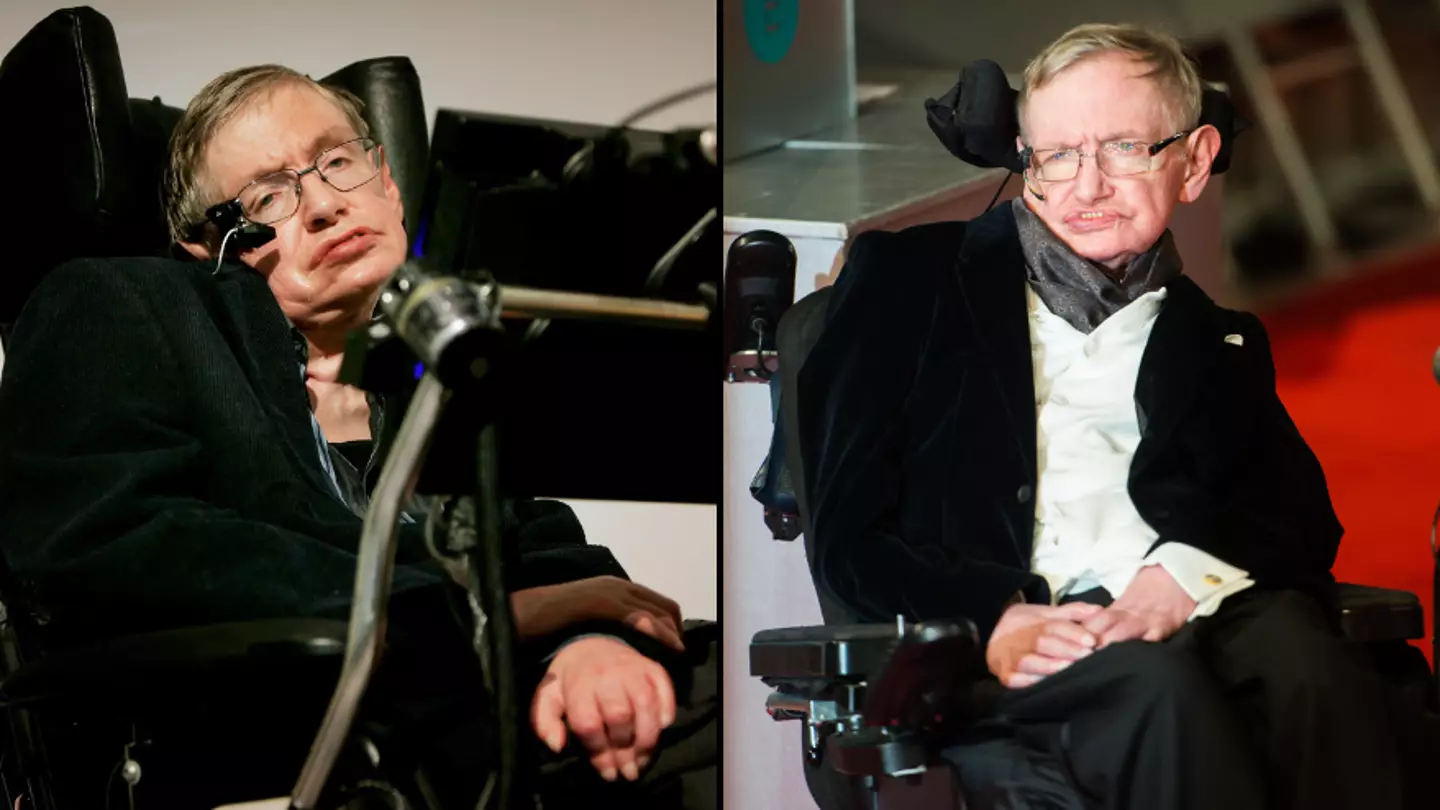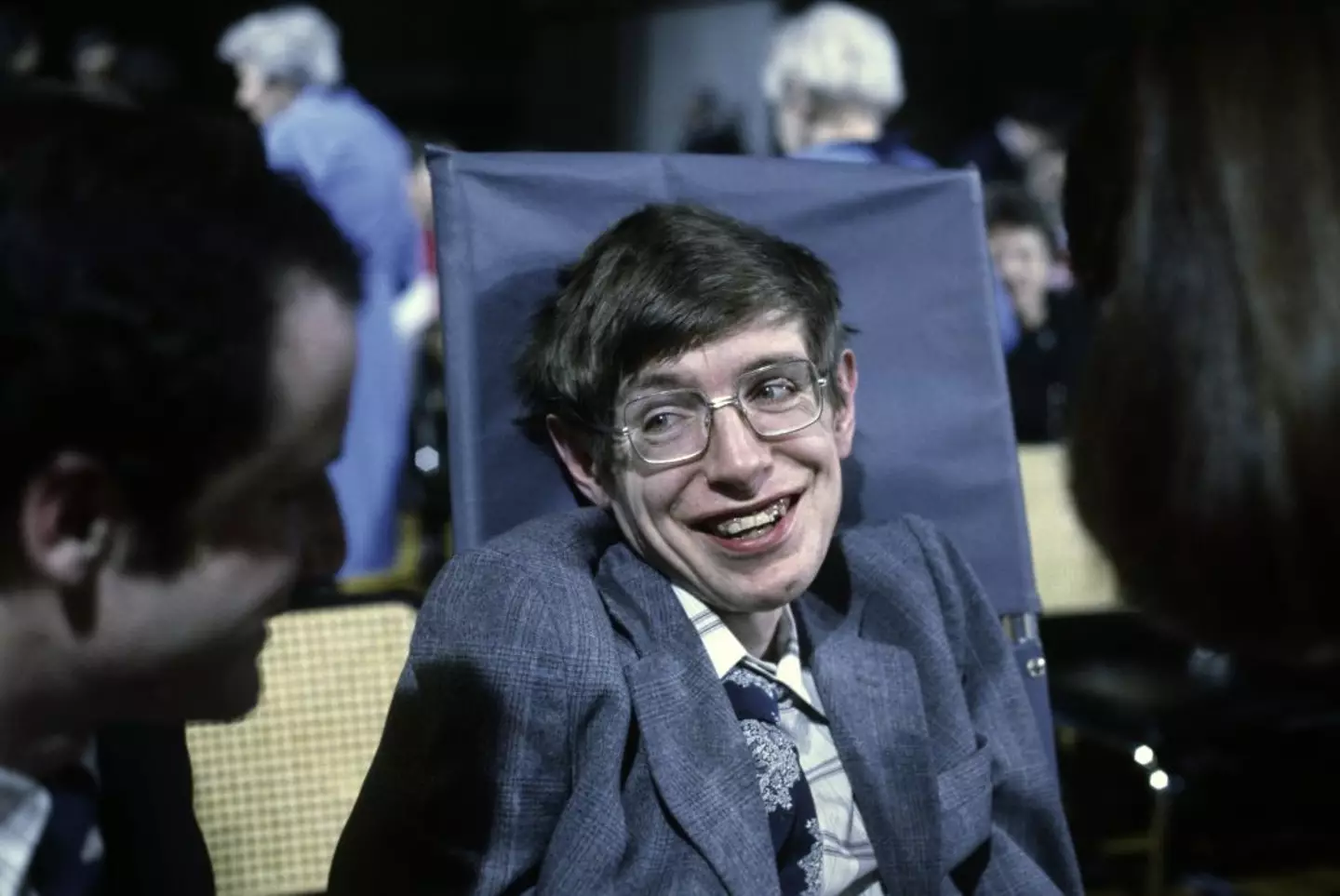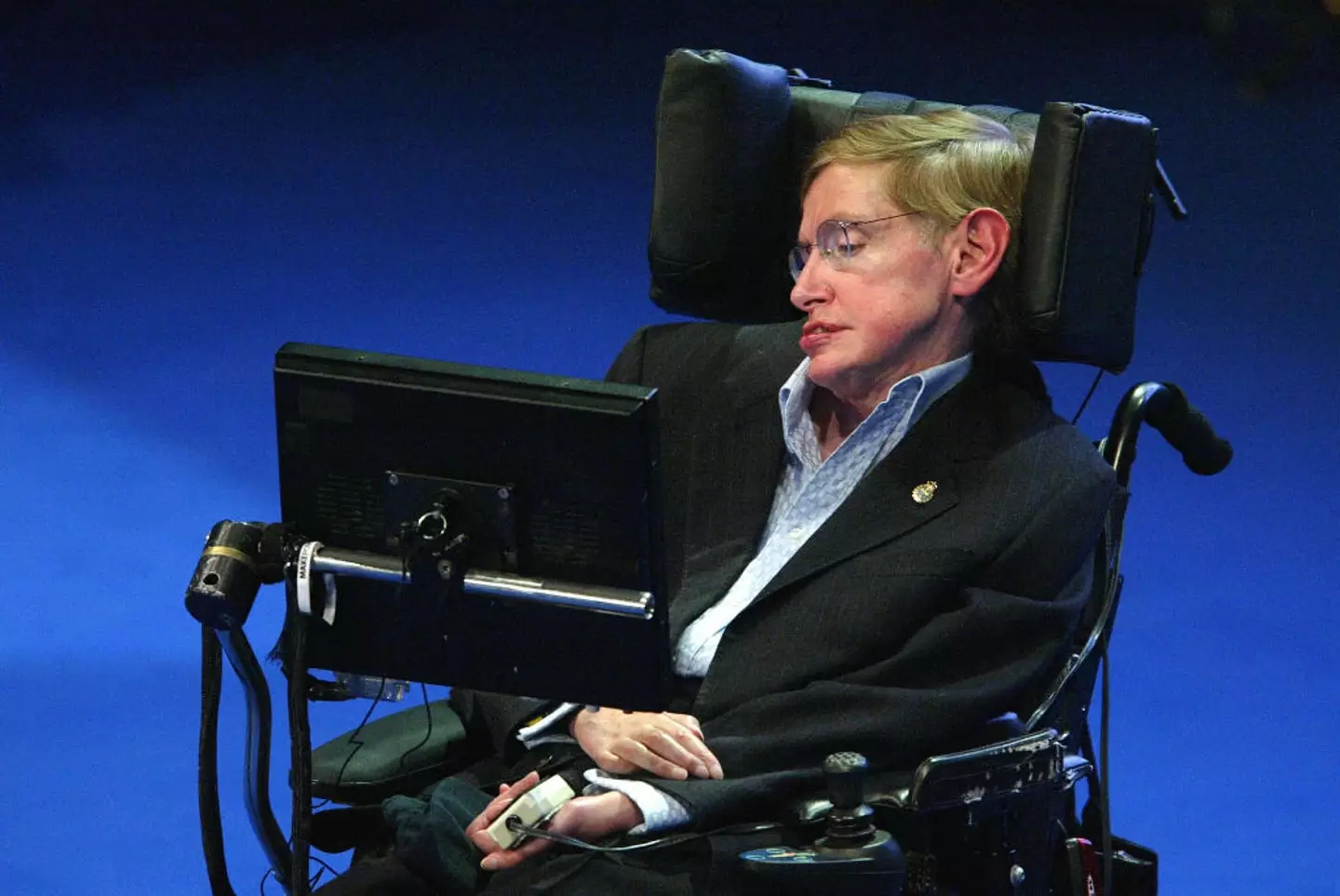
Professor Stephen Hawking is considered to be one of the best theoretical physicists in history.
His work on the structure of the universe and the Big Bang was seriously revolutionary at the time.
Hawking passed away aged 76 in March 2018, but his work - and legacy - certainly lives on.
Advert
Though before he died, the physicist issued a final warning for humanity and it seems he was ahead of curb this whole time.
In 2014, he told the BBC that ‘the development of full artificial intelligence could spell the end of the human race’.
He predicted that AI would surpass human intelligence and, I mean, the warning signs are already there.
Only recently, have people been using ChatGPT to pass law exams, create business ideas and write code.

Hawking went on: "It would take off on its own, and re-design itself at an ever-increasing rate.
"Humans, who are limited by slow biological evolution, couldn't compete, and would be superseded."
In 2015, he was also one of 100 experts to sign an open letter to the United Nations warning of the dangers of unchecked AI development.
He was joined by SpaceX founder Elon Musk in a bid to create stringent rules for AI.
Then, one year before he died, Hawking warned mankind about the dangers of allowing AI to grow further during an interview with Wired magazine.
He said: “I fear AI may replace humans altogether."

Let’s be honest, if a man as smart as Hawking is telling us that AI could bring upon the end of times, we should probably listen to him.
At one point, he even suggested that we could become as dumb as rocks compared to machines if we don’t stay sharp in his book, Brief Answers to the Big Questions, published after his death.
Hawking wrote: "We may face an intelligence explosion that ultimately results in machines whose intelligence exceeds ours by more than ours exceeds that of snails.
"It’s tempting to dismiss the notion of highly intelligent machines as mere science fiction, but this would be a mistake - and potentially our worst mistake ever."
He’s not exactly wrong, though.
If we look at the state of the digital era we are currently living in, AI has exploded at a rapid pace. What will it be like in 20 years after being fed a wealth of knowledge and data?
We can only hope it does more good than harm.
Topics: Artificial Intelligence, Stephen Hawking, Technology